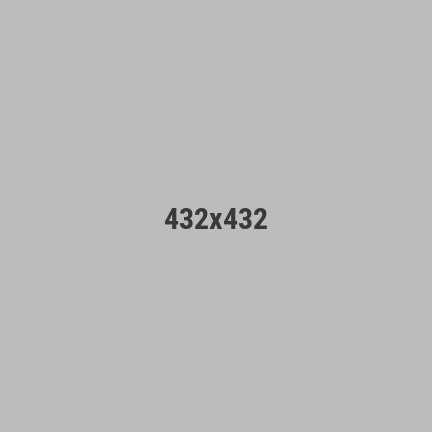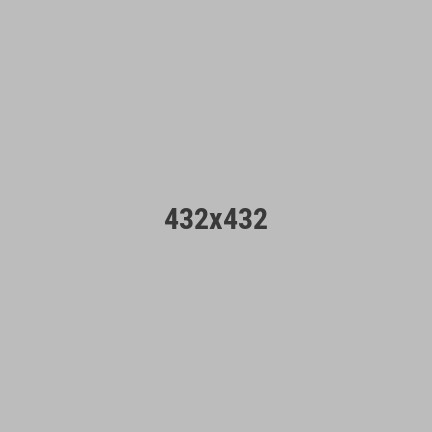



For light and/or sporadic welding with MIG,MAG,FCA,MMA and gas welding processes, a mix of excellent ventilation and RPE is that the “best practise” approach to require. Even when outside RPE should be utilized by the welder to avoid direct inhalation of fumes. Click here for samples of Respiratory Protective Equipment.
A common sense approach should be taken here, put yourself within the shoes of the inspector – if you could/should be using an LEV system (where conditions/location allow), are you? it's always better to be safe than sorry! you may also must make sure the unit has the right form of filter for your work.
Special filters are required for grinding jobs as an example and HEPA filters can even be required for a few applications.
For regular and/or high intensity welding with MIG/MAG/FCA/MMA and gas, LEV is usually required. Supplementary RPE should even be considered for personnel within the working area.
Any situation that would be deemed as “high risk” – i.e production workshop environments and frequent welding, an LEV system are going to be required. this might be within the shape of mobile filters for welding bays, or a set system with ducting to the most filter reckoning on usage and applications. it's also advisable that personnel working within the vicinity of the welding area should wear RPE.
It may seem obvious, but routine things like keeping filters working efficiently can easily be one in all those jobs that's forgotten. Ensure operators are alert to the way to check the filters and keep atiny low supply available to avoid looking ahead to replacements. Also keep a duplicate of the manual reachable or make everyone aware where they're kept if required.
It is compulsory to stay up with annual servicing and COSHH testing of fume extraction equipment, for validation of LEV certification requirements.
Ensure you started a yearly plan together with your maintenance team and ensure this can be followed through. If your LEV certificates don't seem to be valid, you may have failed the inspection and in some circumstances your inspector may close up production until the problem is rectified.